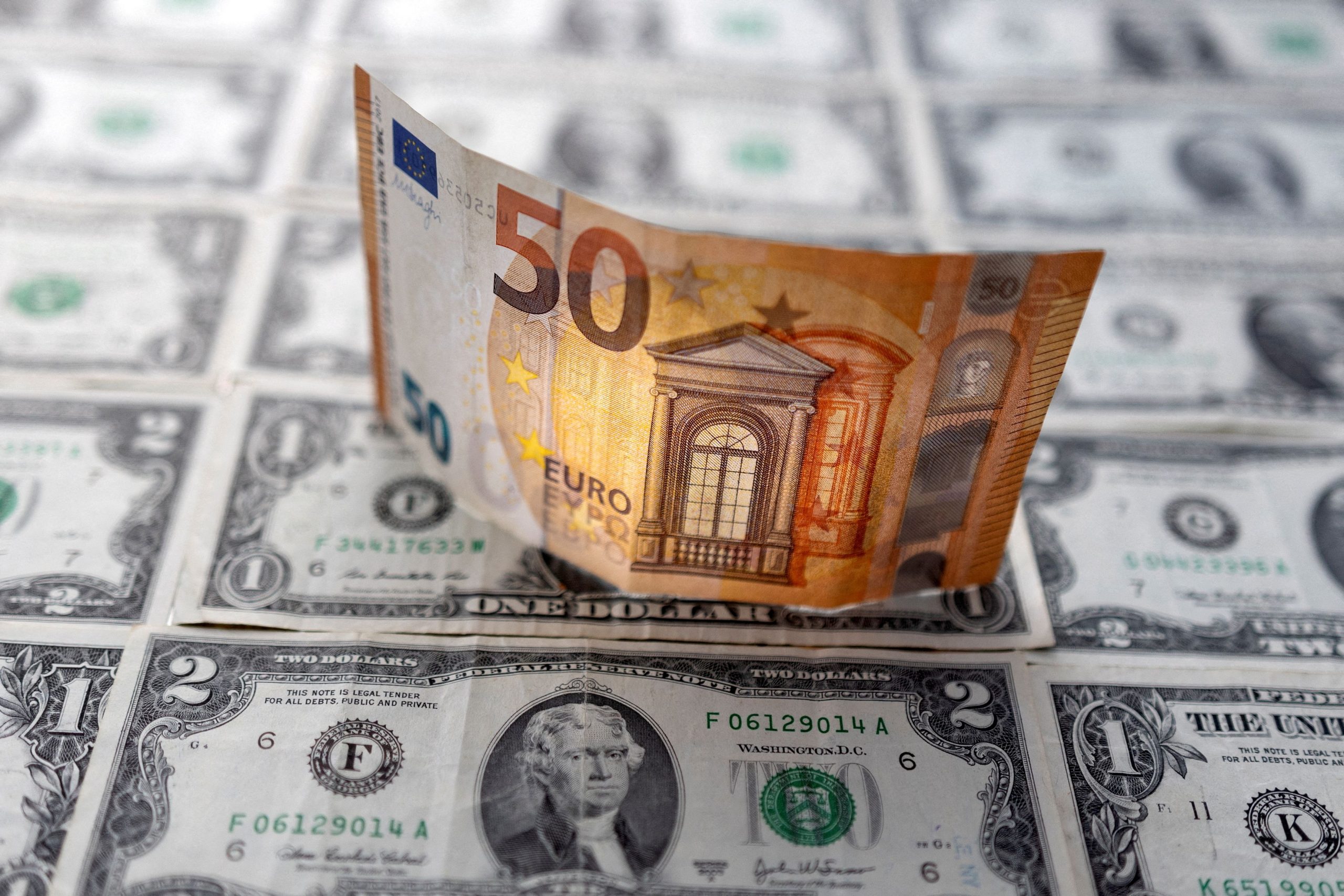The economies of Greece and Turkey have been moving in completely opposite directions in recent years, despite the geographical proximity of the two countries. The economic difficulties of the two countries have from time to time concerned the international press, and have now come into the crosshair of UK-based Schroders investment bankers.
Greece suffered the consequences of a public debt crisis that brought it close to exiting the Eurozone, but today it is an example of economic recovery, as a result of the implementation of development policies and structural reforms.
Turkey, on the other hand, has been in a negative trajectory for 5 years and is implementing tough fiscal policies to prevent a deeper crisis.
Two different stories of economic policy
The Greek economy faced a difficult 15 years, as it was faced with the global financial crisis, the public debt crisis and the subsequent fiscal crisis. GDP saw six years of continuous decline (2008-2013), while in the same period debt increased from 100% to 180% of GDP. At the same time, the crisis had significant effects on the investment sector. Greece entered three different financial support programs (2010, 2012 and 2015) which were accompanied by significant debt relief. In 2018, Greece experienced a short period of economic growth, which was however interrupted by the advent of the pandemic. This recovery gained more momentum in the last two years, as the implementation of development policies was an important pillar of support for the Greek economy.
Turkey’s economy is moving in the opposite direction due to the continuous deterioration of its macroeconomic parameters. Despite the increase in GDP, Turkish society is suffering from rising inflation and declining purchasing power of the Turkish lira. The country’s central bank implemented a low interest rate policy to support the economy and reverse the negative economic climate, but the initial estimates were not confirmed, leading to a weakening of the Turkish lira and an increase in inflationary pressures.
Turkey was one of the first economies to form the “fragile five” group, as it was highly dependent on the inflow of foreign capital. This significantly damaged export indicators, with the result that from 2022 the country will record an annual deficit in its trade balance. These economic developments led to an increase in the country’s debt – which rose to 149% – and a decrease in foreign investments.
Long-term prospects
Greece
Macroeconomic conditions in Greece appear stable due to the drop in energy prices observed in recent months. At the same time, the European Union will provide €30.5 billion between 2022-2026 in grants and loans. These investment plans aim for long-term growth, with an emphasis on the green and digital transition. At the same time, the National Energy and Climate Plan includes an increase in electricity production from renewable sources and aims for net zero emissions by 2050.
On the other hand, tourism remains an important driver of GDP growth with 25% of the workforce employed in the sector. Overall, the outlook for this year appears encouraging, with GDP expected to grow by around 2.6%.
Greece last year exited the EU’s fiscal surveillance – which had been in place for 12 years – giving the country greater flexibility in budget spending and fiscal policy. Despite this, the debt continues to move at high levels reaching 170% of GDP despite the de-escalation policies that have been implemented in recent years. But the key point for Greece is that the average duration of the public debt is 17.5 years and its total repayment is expected to take place by 2070.
Thus, Greece after a 15-year economic recession will return to the radar of powerful investors, allowing cheaper and more stable financing for future investments.
Turkey
In Turkey, the long-term prospects for economic growth rest on the ever-growing population. Its proximity to the markets of the Middle East and North Africa is an opportunity to increase exports. However, its economic growth seems likely to remain at low levels for the next two years. GDP growth is forecast at 1.9% this year, supported in part by reconstruction in the wake of a major earthquake and election spending.
Inflation continues to move at high levels, with the overall rate close to 40% and monetary policy interest rate at 8.5%. At the same time, the tourist season is expected to break records, with inflows of up to 40 billion US dollars, which will work in support of local economies. The specific developments combined with the implementation of modernization policies will improve the image of the economy preventing an imminent crisis in the balance of payments.



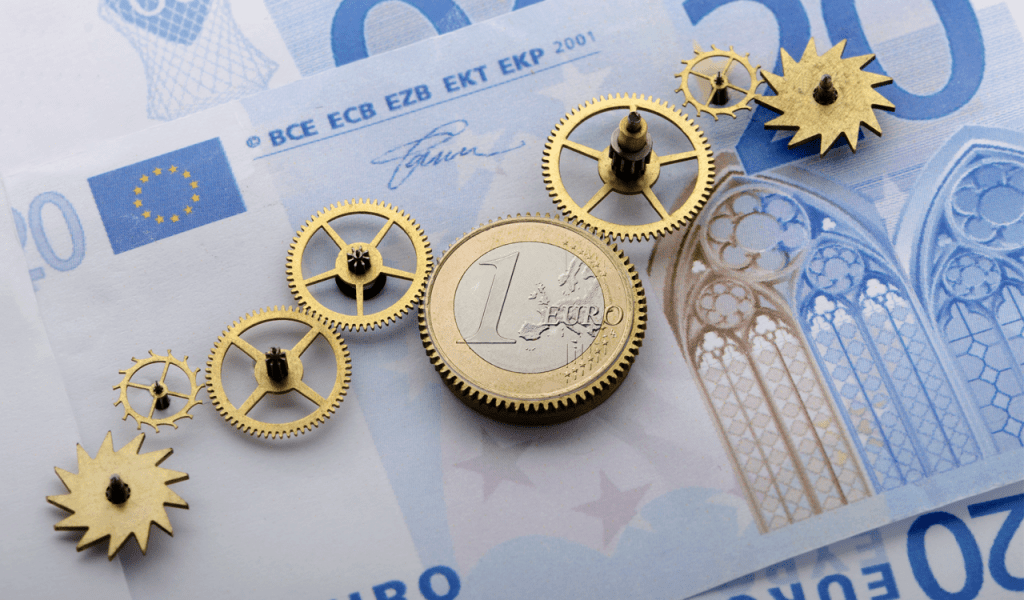
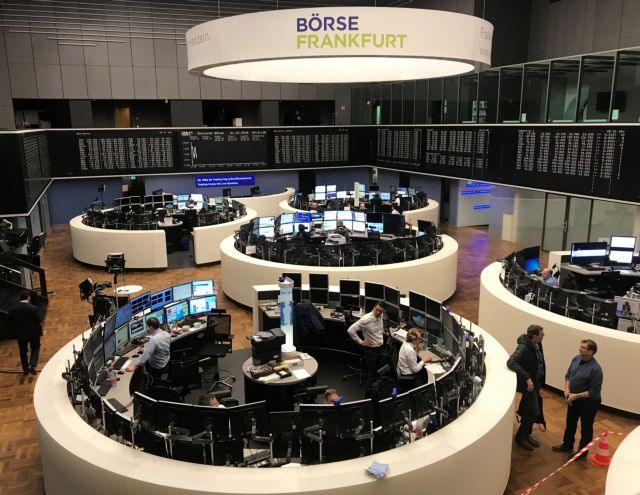




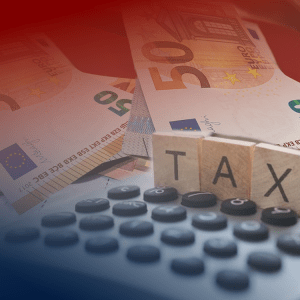








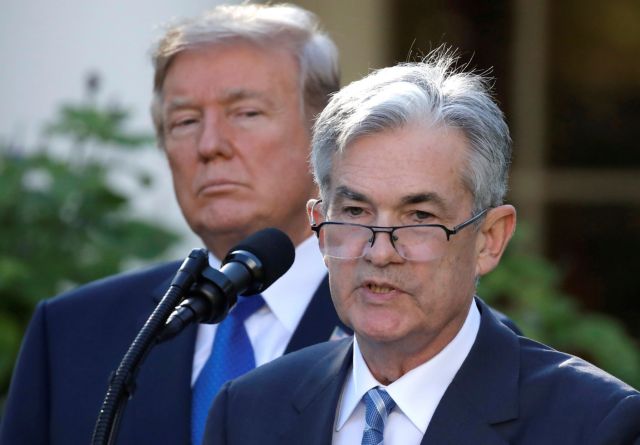



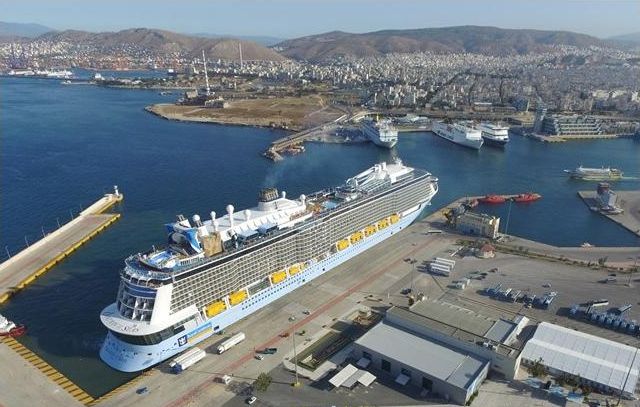







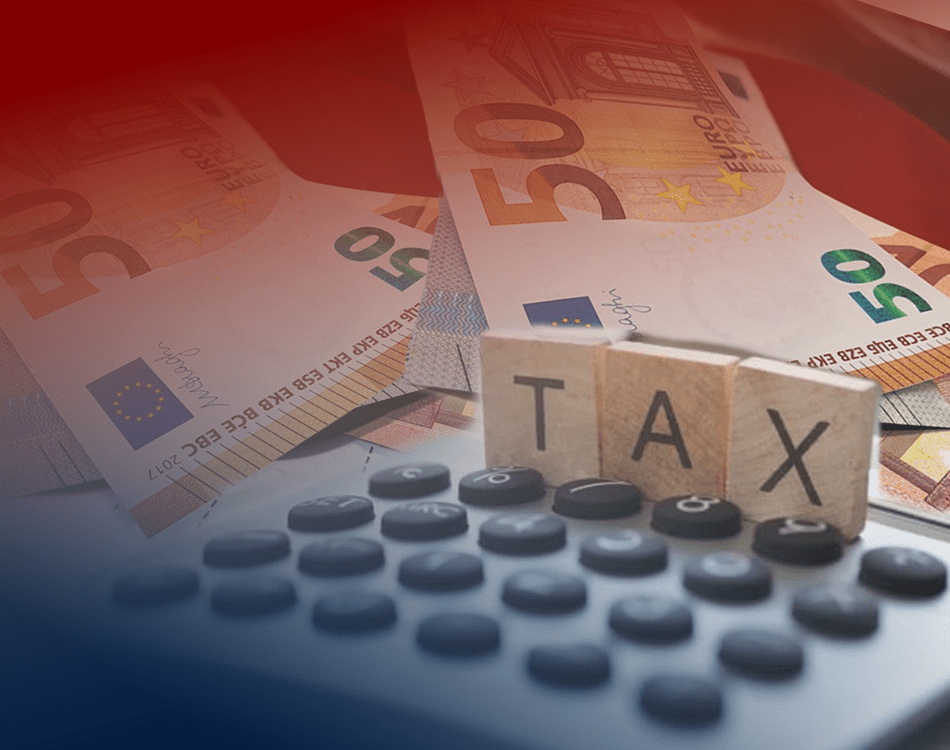

![Βραχυχρόνια μίσθωση: Καλπάζουν τα καταλύματα τύπου Airbnb στην Ελλάδα [γράφημα]](https://www.ot.gr/wp-content/uploads/2022/11/airbnb-2.jpg)

